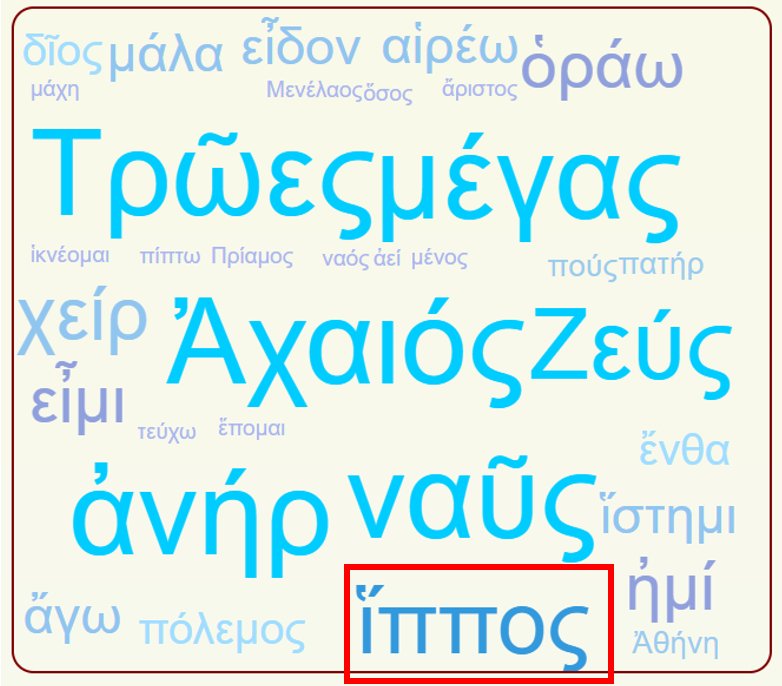
Archaeologist⛏️ Twitter threads📜 | he/him | Cardiff University | https://t.co/3NAAPMWKNZ | https://t.co/DkOgm59B3c | https://t.co/kAStjsIRIX
it's my real name
How to get URL link on X (Twitter) App

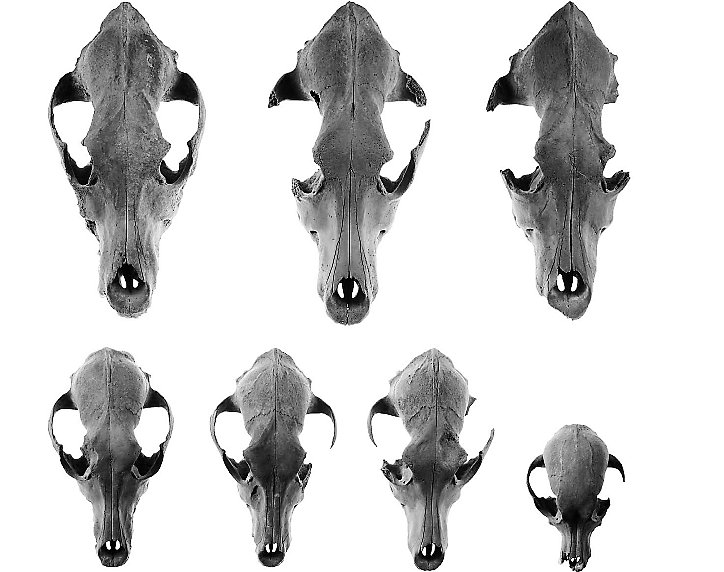
 The well was excavated 80 yrs ago by Dorothy Burr Thompson and was located downtown in Hellenistic Athens. After the building on this plot of land was abandoned, the well became a convenient dumping spot
The well was excavated 80 yrs ago by Dorothy Burr Thompson and was located downtown in Hellenistic Athens. After the building on this plot of land was abandoned, the well became a convenient dumping spot
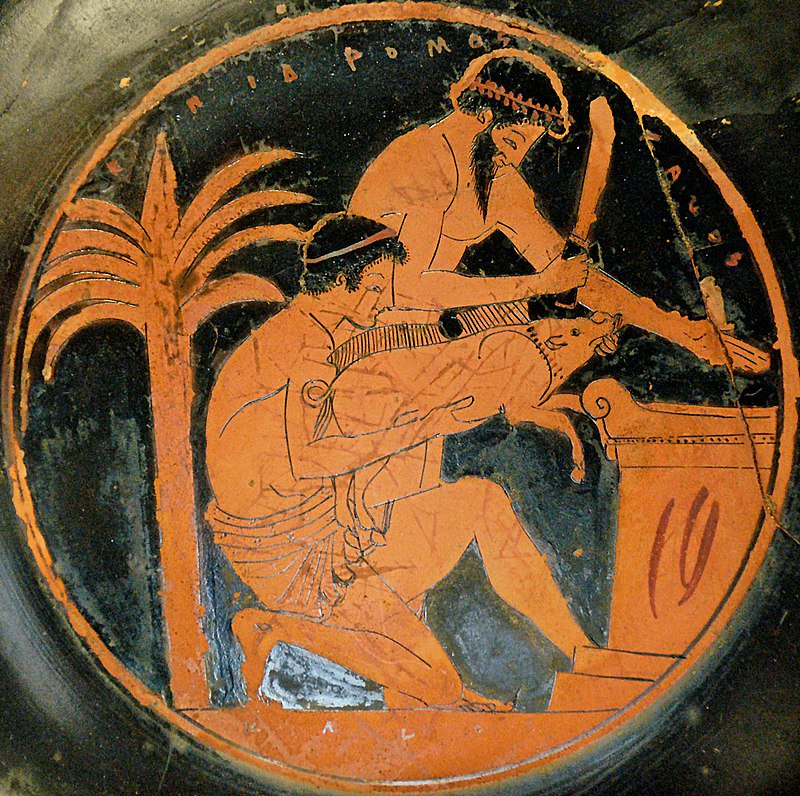
 Sacrificial ritual was associated with Greek polytheism, which was extremely diverse & constantly changing. So, sacrificial ritual was pretty diverse across time and space
Sacrificial ritual was associated with Greek polytheism, which was extremely diverse & constantly changing. So, sacrificial ritual was pretty diverse across time and spacehttps://twitter.com/FlintDibble/status/1013869173355708416


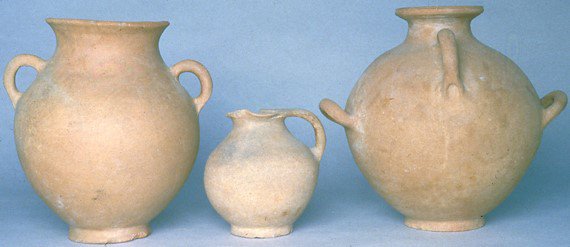 Archaeologists have to deal with all kinds of artifacts. Usually they’re even just fragments of an artifact.
Archaeologists have to deal with all kinds of artifacts. Usually they’re even just fragments of an artifact. 


 @sportzak Let’s tackle the traditional Greek deities first. In practice, it’s better to think of them as cult figures than deities.
@sportzak Let’s tackle the traditional Greek deities first. In practice, it’s better to think of them as cult figures than deities.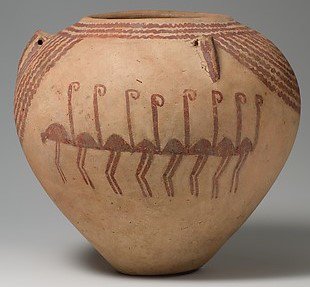
 If you google around, these rows of dancing flamingos are depicted on vessels from Upper (southern) Egypt. They come from the cultural group labeled Naqada from predynastic Egypt, before the country was unified under a Pharaoh (we’re talking approx 4000-3000 BC)
If you google around, these rows of dancing flamingos are depicted on vessels from Upper (southern) Egypt. They come from the cultural group labeled Naqada from predynastic Egypt, before the country was unified under a Pharaoh (we’re talking approx 4000-3000 BC)
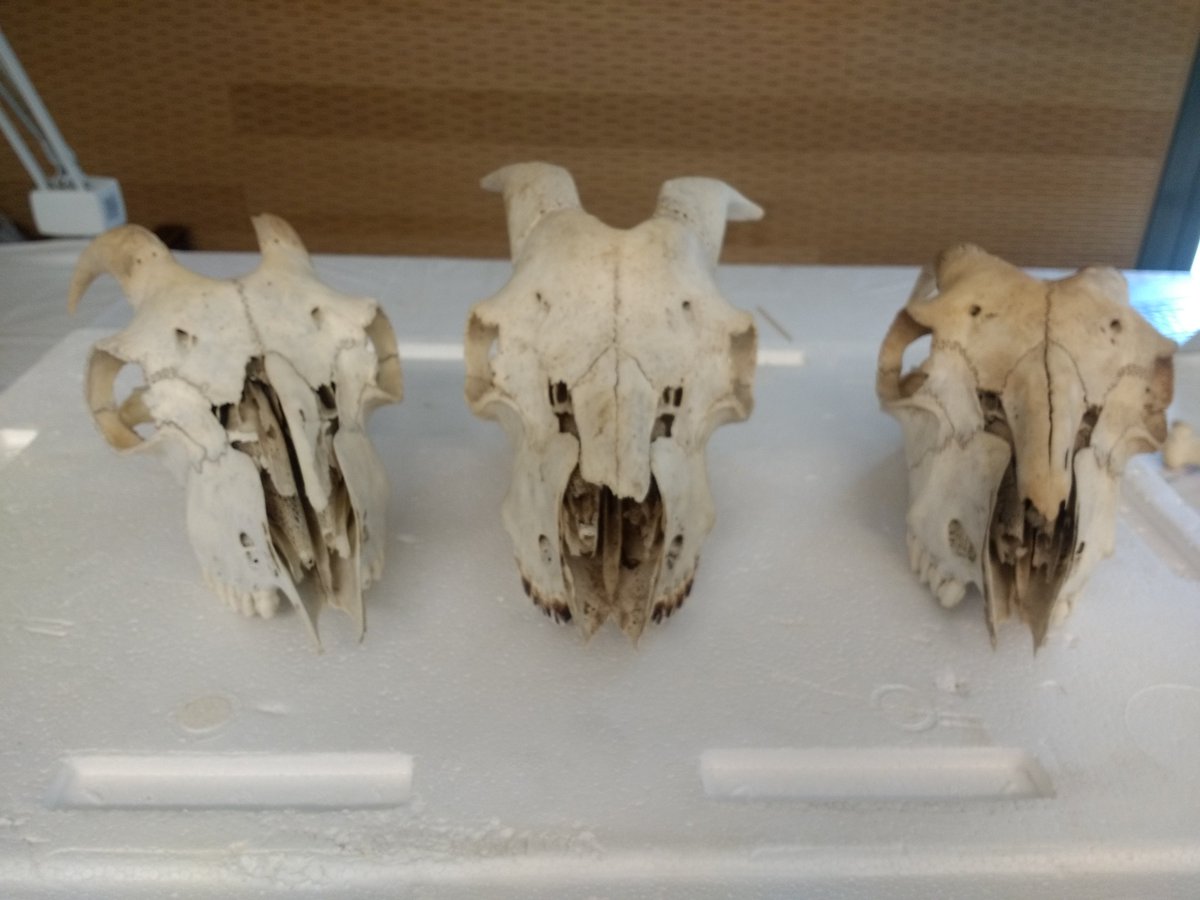
 When we think of #Classics, ancient texts are often prioritized. Animals were an important topic for ancient authors
When we think of #Classics, ancient texts are often prioritized. Animals were an important topic for ancient authors